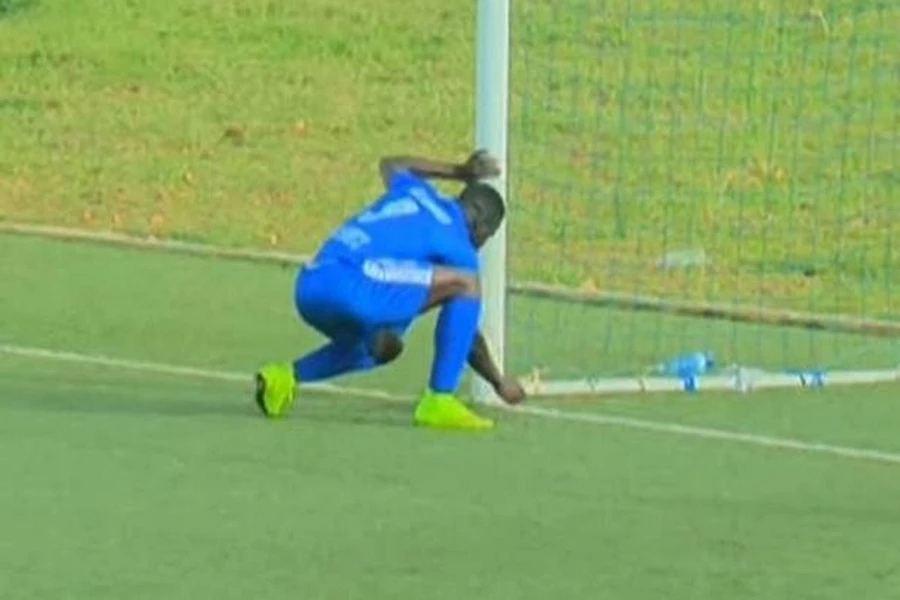We use cookies to help you navigate efficiently and perform certain functions. You will find detailed information about all cookies under each consent category below.
The cookies that are categorized as "Necessary" are stored on your browser as they are essential for enabling the basic functionalities of the site. ...
Necessary cookies are required to enable the basic features of this site, such as providing secure log-in or adjusting your consent preferences. These cookies do not store any personally identifiable data.
Functional cookies help perform certain functionalities like sharing the content of the website on social media platforms, collecting feedback, and other third-party features.
Analytical cookies are used to understand how visitors interact with the website. These cookies help provide information on metrics such as the number of visitors, bounce rate, traffic source, etc.
Performance cookies are used to understand and analyze the key performance indexes of the website which helps in delivering a better user experience for the visitors.
Advertisement cookies are used to provide visitors with customized advertisements based on the pages you visited previously and to analyze the effectiveness of the ad campaigns.

Witchcraft is a common practice in the Rwandan soccer league. Some club managers, coaches and players believe that the quality of the players is not enough to get good results, and they resort to witchcraft. First part of the Sport News Africa dossier dedicated to these practices.
Rwandan soccer attracts many players from the sub-region because these players sign juicier contracts than at home. At every match, players are under pressure. The managers and supporters of the clubs are too demanding. For them, victory is not an option, but an obligation. Thus, to satisfy their leaders in order not to lose their contracts, some players and coaches indulge in witchcraft.
It is very common to see goalkeepers who enter the field with gris-gris that they plant in the posts or pour liquids all over the goal line. These practices lead to clashes between players who often receive yellow cards before the game even begins.
This was the case on December 7 during the match between Rayon Sport and Gorilla. Gorilla's coach, Gatera Moussa, tried to force his way into Rayon Sport's dressing room with a bottle full of liquid. Rayon Sport's security guards gave him a welcome he will not soon forget. Not only did they hit him, but they also forced him to drink the liquid. Rayon Sport was forced to change locker rooms.
After the match, which was won by Rayon Sport (1-0), the Gorilla coach did not appear at the press briefing, arguing that he was not feeling well.
GOOOOOOAL! 27'Leandre Willy Essomba Onana puts Rayon Sports on the board with a fantastic penalty kick against Gorilla FC at Nyamirambo stadium! For just 500 Frw, you can stream the game live on https://t.co/eMAU4WpTS7.#RayonSports #OneTeamOneDream #GorillaFC pic.twitter.com/CcS4n7ty96
— Rayon Sports Official (@rayon_sports) December 7, 2022
In front of journalists, the coach of Rayon Sport, Francis Haringingo, was asked about this episode before the game. He said that what happened is regrettable. "I am against witchcraft in soccer. Unfortunately, there are people who still think that witchcraft has a place in our soccer. In Rwandan soccer, many players still believe in fetishism, which intoxicates the youth. Instead of concentrating on work, some people waste their time in obscure beliefs. I always tell my players that only hard work pays off. In a word, this is unfortunate. For me, prayer is my guide," he said.
Club presidents involved in witchcraft
One of the leading members of the Rayon Sport team told Sport News Africa that witchcraft is a common practice in Rwandan soccer up to the leaders. "Some club presidents who believe in these practices prefer to recruit coaches who go in the same direction. They pay the witchdoctors huge sums of money, even to the point of not being able to pay the players. If the results do not follow, they look for scapegoats but never abandon this practice, which is regrettable. Some club leaders even involve their players in witchcraft and those who do not agree lose their place in the team.
Shema Fabrice, who has been in charge of AS Kigali since 2019, told Bwiza, an online newspaper, that he hears people talking about witchcraft. "I have heard players of our soccer discuss about witchcraft but I do not believe in it. For me it does not matter. I have told my players and the technical staff that anyone who believes in witchcraft has no place in my team. If our wizards and marabouts have this power to change the course of the game, why no African country has ever won the World Cup? A phenomenon that the authorities are currently struggling to curb, while since 2016, measures had been taken to prohibit these practices.